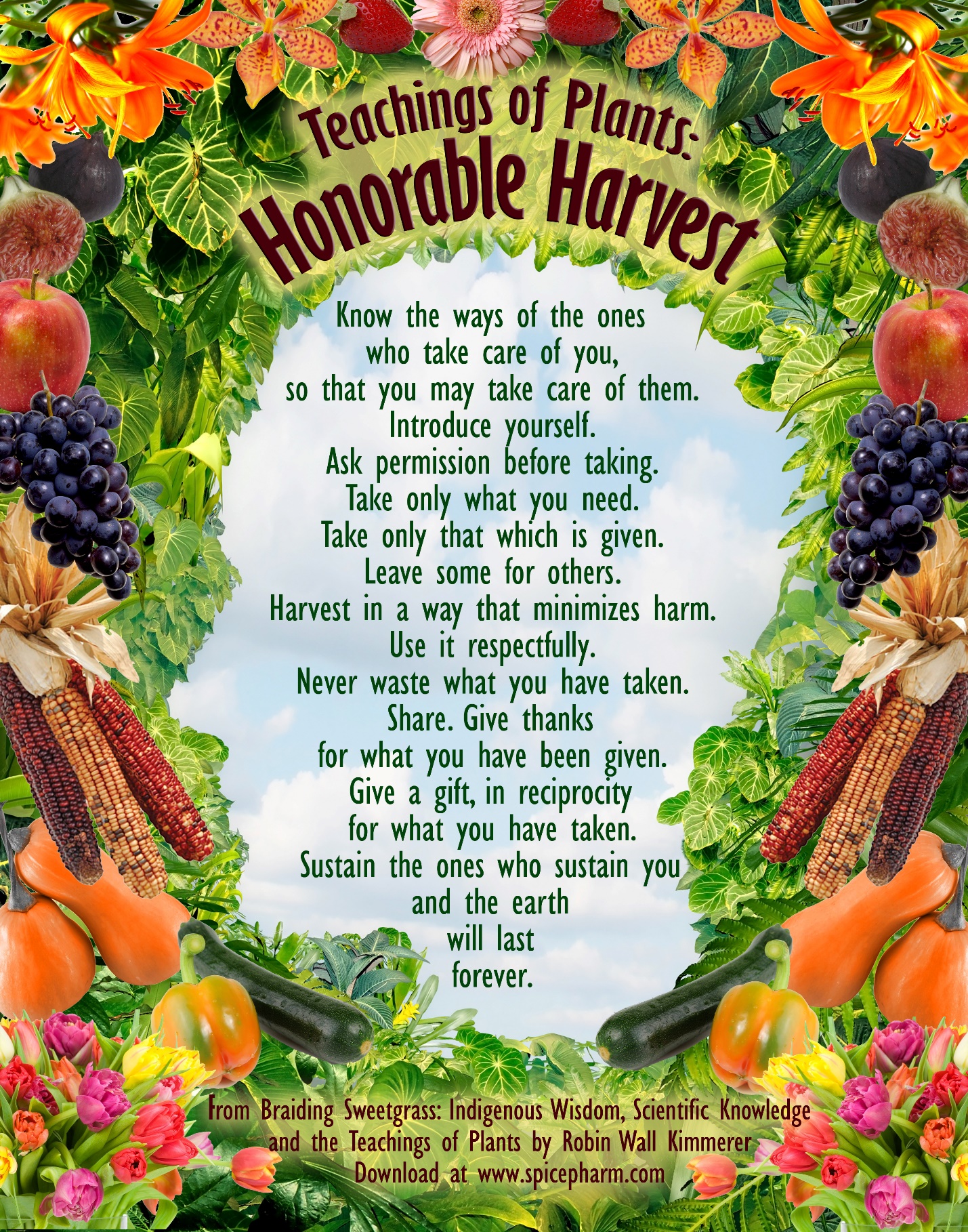Last fall when I agreed to join the initial cohort for the new EPS Professional Development Program and embark on year long journey of reflection, conversation and examination, I expected time constraints to be an issue. Since I am part of the group to move through this experience I also expected balance between experiencing the process and providing feedback on the structure to be a constant struggle. Never in my wildest dreams did I anticipate that it would turn into arguably the most challenging year for the entire world. As a recent post indicated, one could argue that 2020 has taken the challenges from the 1918 Spanish flu Pandemic, the economics of the great depression in the early 1930’s and the race riots from 1968 in response to MLK’s assassination and thrown them all together. Add that on top of other global issues like trafficking of women and children, homelessness, major power and economic differentials for individuals and countries, and climate change it can seem pretty bleak for humanity and our planet.
 My strategy to avoid total despair and hopelessness when I start to get overwhelmed is to step back and identify a clear path and action I can take. Where that leads for me, at this moment in time, is directly to cultivation of effective relationships. For you to understand a bit more about my perspective and values on this and how it relates to my teaching practice, I’m going to take you on a little journey of some key moments in my life.
My strategy to avoid total despair and hopelessness when I start to get overwhelmed is to step back and identify a clear path and action I can take. Where that leads for me, at this moment in time, is directly to cultivation of effective relationships. For you to understand a bit more about my perspective and values on this and how it relates to my teaching practice, I’m going to take you on a little journey of some key moments in my life.
As a child I naturally gravitated to my dad as a role model. I was like him in many ways some obvious and others more subtle. We are both male, logical, loved science, nature, and very introverted. My mom was always very caring and nurturing and I felt loved and supported by her, but I had a much harder time seeing things from her perspective and understanding the motivations behind her advice. As a child I didn’t connect or appreciate her as I should have. I think on some level at that time I assumed these differences were just always going to be there. I realize now that much of that is because I did not know to question the messages fed to me by society about what it means to be a white male in America.
Here are a few key moments I remember very vividly due to the emotion and challenge they presented to me at the time.
12 year old me in tears yelling at my mother. She wanted me to order pizza for the family and I was terrified I would be embarrassed by my conversation on the phone, but too insecure to admit it.
15 year old me pretending to listen to my mother’s advice about taking the first step to reach out to others. She accurately told me others would see me as judgmental and aloof. Teenage me was sure I knew better and that she was clearly wrong.
18 year old me wins high school. Graduating with many honors and distinctions sure that the world would be impressed with all the hard work I had put in to get there. I didn’t realize at the time the impact all the other people in my life and even the very structure of our society had in my “success”
22 year old me travels to Madagascar. Expecting to add world travel and biological experiences to the list of accomplishments, I am shocked to instead learn that the game of life I was winning was merely a facade.

This experience in Madagascar completely changed the direction of my life, internally. I took this trip with a fun loving friend Jamie Shattenberg who is now the coordinate or Eden Projects – Madagascar. He grew up in Madagascar and experienced life as a minority, but one who had power and privilege. Jamie and I had many conversations and experiences on that trip which laid the groundwork for how I redefined my definition of success. My experience training for the decathlon in college with Kyle Gough was one of the places that this message was reinforced. Kyle was an exceptional athlete who could easily have justified an arrogant attitude, but you will be hard pressed to find someone more friendly and selfless in the way they lead their life.
I’m not sure there was much of a difference right away, but the time I spent in Madagascar taught me that there are many ways of “winning” the game of life and up to that point I had bought in to a set of rules that I had allowed others to define for me. I was very good at playing the game, but the experience was not fulfilling like I had been led to believe. I saw in the Malagasy, and Jamie’s relationship with them, something I was missing and according to the rules I was living by at the time I should have been “ahead” of them. The fact that I wasn’t created a dissonance that forced a re-evaluation of my assumption. That in turn has been an ongoing process ever since.
So, in this moment as the school year and PDP wraps up and 2020 continues to assault us with it’s larger than life realities, I find my thoughts moving in and out of various combinations of the following ideas:
Robin Kimmerer’s insight into native American worldviews from “Braiding Sweetgrass”
Trevor Noah’s from “Born a Crime”
Biological content from my classes about Ecology and Climate Change,
Social aspects of gender
American Race Relations
socioeconomic inequities in our society
These provide my current external perspective, but the wise application comes from processing with the people who have a shared experience. This is really what drew me to Eastside Prep. As the school grows it becomes more and more difficult to make these connections, but it’s essential that we find a way to make it work. If we can’t do it in our school with so many shared values then there’s very little hope of our nation and world being able to do so.

Our country and the world is literally on fire and the daily reality that I wake up to makes finding the clear path to take very elusive. What I can say for sure is that authentic, honest relationships are at the heart of the journey and that needs to come from me. I have worked hard to get where I am, and I should be proud of that, but I also need to remember that every person I meet has their own story and is putting in their own work. So, after all this I still don’t have my clear path, perhaps I never will, but I can say without a doubt that the essential foundation of that path starts with the people in my life, and the perspective and wisdom we can exchange because of the foundation of trust and mutual respect that I have with them.
Robin Kimmerer talks about the concept of the honorable harvest here.
Robin Kimmerer – Mishkos Kenomagwen: The Teachings of Grass | Bioneers – 12:50 – Honorable Harvest

Even though she is referring to harvest of natural bounty. I believe they translate quite effectively to principals for all my relationships. Below is my summary of the core components as applied to my relationships. They are different for each relationship, but the principals stay consistent.
- Don’t take the first plant. – Don’t be an emotional drain. Look to build others up before asking them to make sacrifices.
- Ask permission. – All people process differently, and no one owes you their emotional energy
- Take only what you need and use all that you take. – When someone makes a sacrifice of their time, emotional energy and wisdom to connect with you. Respect that effort and do your own work to apply what you’ve learned. Too many of us collect advice and never act.
- Be thankful – Send a card. Nominate them for an award. Tell others how amazing they are.
- Minimize harm – Consider the experience and position of the other before expecting/asking them to help you. Be very cautious about when and where you complain. We all need to vent at times, but that should not be to everyone all the time.
- Share with others – Take what you learn and pass it on. Be generous and vulnerable with sharing your experiences and you will find that it breaks down barriers and opens the communication pathways
- Take only what is given – You never know what someone is experiencing. If it doesn’t feel right, then don’t push it. Look for a way to share and support them. Sometimes that means just giving them space and support.
In the pages that follow you will find some specific examples of how I apply these in the EPS community. This is a small selection of representative examples. Please take the chance to ask me about others or for elaboration on things that seem incomplete. I look forward to our future conversations.